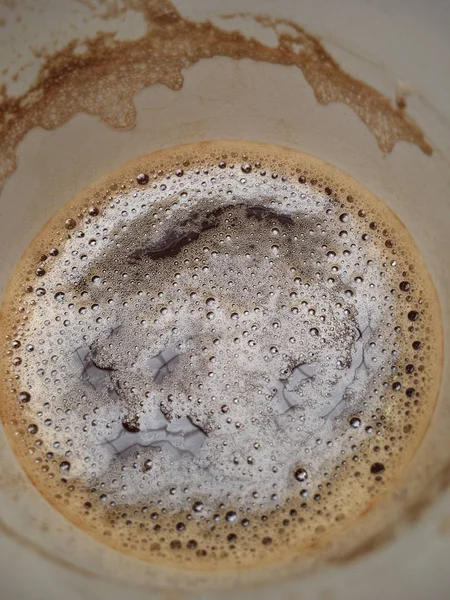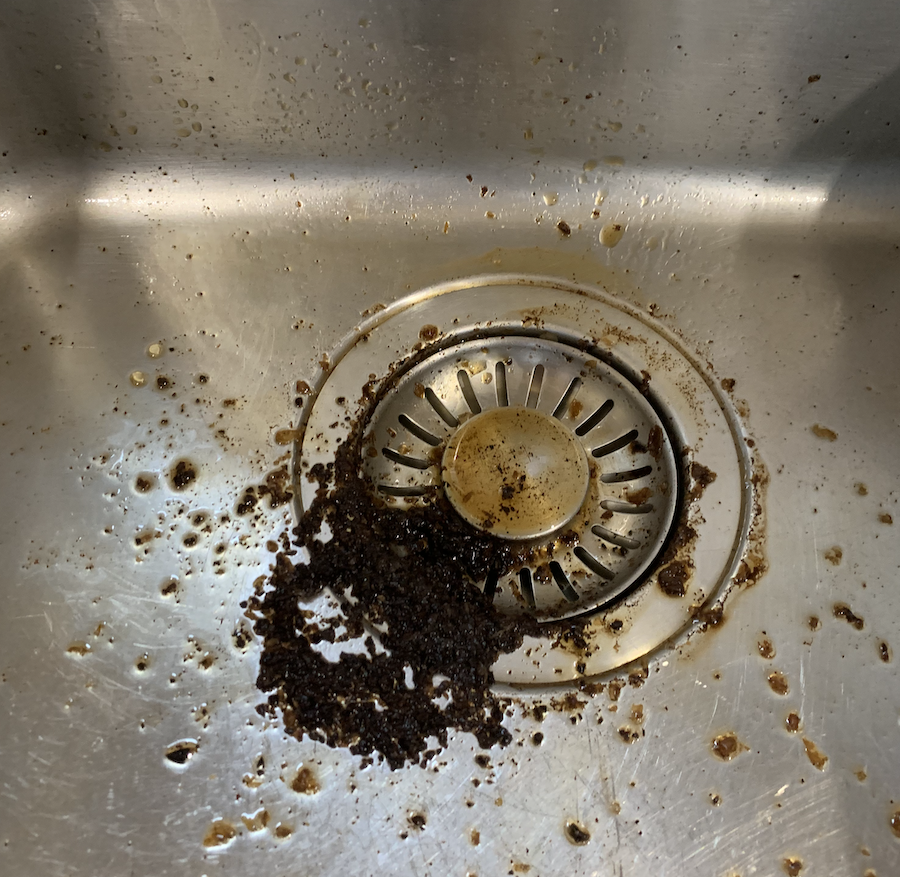Disposing of Coffee Grounds in the Sink: Possible? No - Find Out Why
Disposing of Coffee Grounds in the Sink: Possible? No - Find Out Why
Blog Article
The content which follows on the subject of Can You Put Coffee Grounds in the Sink Garbage Disposal? is absolutely informative. Give it a try and make your own personal ideas.

If you're a devoted coffee enthusiast, you could be wondering about the most effective way to deal with your coffee premises. While it may seem hassle-free to wash them down the sink, this technique can bring about numerous issues for both your plumbing and the setting. In this article, we'll explore whether it's secure to put coffee grounds down the sink and review alternative disposal methods to think about.
Alternatives to Disposing of Coffee Grounds
Garbage Disposal
If you do not have a composting setup, one more choice is to just throw your coffee grounds in the trash. Be sure to seal them in a compostable bag or container to prevent odors and leak. While this technique doesn't use the very same environmental advantages as composting, it's a risk-free and hassle-free method to get rid of coffee grounds.
Composting
One eco-friendly option for dealing with coffee grounds is to compost them. Coffee grounds are abundant in nitrogen, making them an excellent enhancement to compost piles or containers. As they disintegrate, they include nutrients to the dirt, enhancing its fertility and appearance.
Dangers of Putting Coffee Grounds Down the Sink
Plumbing Issues
Among the main worry about throwing away coffee premises down the sink is the risk of obstructing your pipes. Coffee premises don't liquify in water and can gather in time, forming a dense sludge that can block drains pipes and result in costly plumbing repairs.
Environmental Impact
Beyond the possible damage to your plumbing, putting coffee grounds down the sink can also hurt the atmosphere. When cleaned right into the sewage system, coffee premises can contribute to obstructions in drain lines and therapy centers. Additionally, the high focus of organic matter in coffee grounds can deplete oxygen degrees in waterways, negatively impacting aquatic life.
Tips for Proper Disposal
Normal Maintenance
No matter exactly how you pick to get rid of your coffee premises, it's essential to maintain your plumbing routinely. Schedule regular drain cleanings to remove any kind of accumulation and ensure that your pipes stay clear and free-flowing.
Make Use Of a Sink Strainer
To avoid coffee grounds from entering your sink's drain to begin with, take into consideration using a sink filter. These cost-effective devices catch solid fragments, consisting of coffee premises, avoiding them from creating clogs.
Conclusion
While it may be alluring to wash coffee premises down the sink for convenience, doing so can have serious consequences for your plumbing and the environment. Rather, consider composting your coffee premises or taking care of them in the trash. By adopting accountable disposal practices, you can appreciate your coffee guilt-free while reducing your ecological footprint.
Coffee Grounds Down The Drain: Are They OK?
Can Coffee Grounds Go Down the Sink?
You may be thinking, “But I pour them down the sink drain every day and I’ve never had a clogged drain!” You see, coffee grounds come from coffee beans, which are virtually rock hard by the time they’re ground and brewed. You certainly wouldn’t want to grind up the pit from a peach, apricot, or nectarine that is about just as hard because they wouldn’t break down like other foods, and it’s the same with coffee beans!
If you usually grind coffee beans in the garbage disposal because it seems the cleanest and convenient, we don’t fault you for that. And anyone who has ever had to clean up the trash with spilled coffee grounds after a dog got into it would understand the rationale. Unfortunately, coffee grounds do not break down in water, so instead of grinding up and washing away as normal foods do in a garbage disposal, they clump together and as time goes by, the grounds can form a clump and pack the drain until it develops a clog.
What to Do With Coffee Grounds
So, what do you do with coffee grounds if you can't put them down the drain? You could of course just throw them in the garbage, but we encourage you to give these practical uses for them a try!
Since coffee grounds contain key minerals for plant growth, you can use them to fertilize your garden. Coffee grounds not only fertilize gardens because they are mineral-rich, but they are also great at absorbing contaminants in the soil, particularly heavy metals. Coffee grounds are said to attract worms, which help gardens flourish. You can use coffee grounds as fertilizer by sprinkling them around your plants. You can compost your coffee grounds and use them at a later time. Coffee grounds are great insect repellents when you place them in bowls or sprinkle them around the areas you want to repel insects. To remove fleas from your dog or cat, simply shampoo your pet then rub coffee grounds throughout their fur. Rinse them off and dry as usual. Like baking soda, used coffee grounds can eliminate odors. You can place them in a bowl in the fridge and let them do the work! Mix coffee grounds with coconut oil for a wonderful face or body scrub, or to reduce the appearance of cellulite. https://www.wintershomeservices.com/blog/2019/august/coffee-grounds-down-the-drain-are-they-ok-/

Do you appreciate reading up on What are the consequences of putting coffee grounds? Post feedback further down. We would be interested to hear your reactions about this write up. We are looking forward that you come back again later on. Do you know somebody else who is fascinated with the topic? Do not hesitate to promote it. We love reading our article about Is it safe to dispose of coffee grounds down the sink?.
Book Report this page